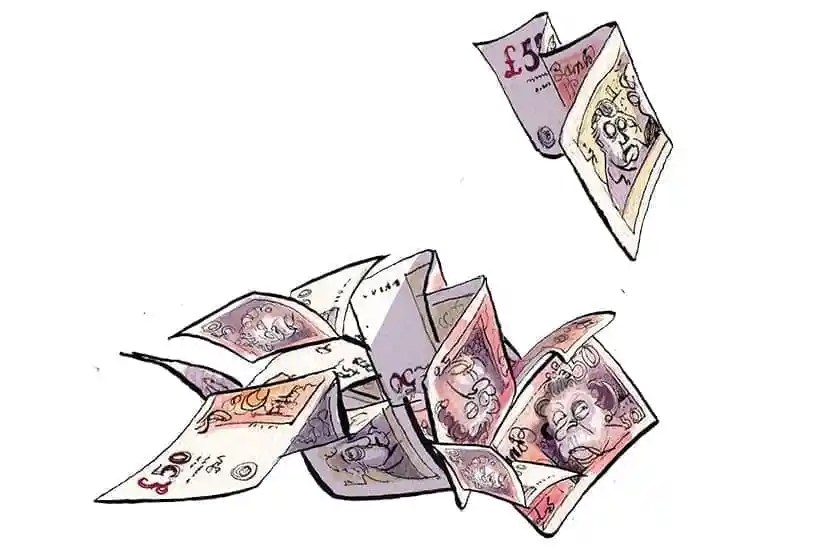This morning’s inflation figures are good news. The fall in the Consumer Prices Index (CPI) to 3.9 per cent, from 4.7 per cent, not only exceeded market expectations by a healthy margin, but in November prices actually fell by 0.2 per cent. Given that averages earnings are rising by 7.3 per cent it is hard to sustain the idea that we are still in a cost of living crisis – even though there will inevitably be some people who don’t feel they are getting better off. Prices are falling in almost every sector, with only the cost of communications rising slightly, from 8.0 per cent to 8.1 per cent.
The figures dramatically increase the likelihood that interest rates will be cut in 2024, and probably earlier rather than later. Markets have already moved ahead of Bank of England governor Andrew Bailey in predicting rate falls. Yet again the body within the Bank that sets interest rates, the Monetary Policy Committee, looks as if it could get caught napping – this time on the way down rather than on the way up. If flat economic growth in the third quarter turns negative in the fourth, there will be considerable pressure on the MPC. Critics will ask why it yet again misread the inflation curve, as did spectacularly in 2021, failing to foresee the CPI climbing above 2.5 per cent.
In the defence of the Bank’s decision to raise rates to 5.25 per cent and so far hold them there, CPI is still nearly twice its 2 per cent target. The MPC will also be watching those average earnings figures nervously. The danger is that workers will fail to see, or to accept, that inflation is falling and will carry on demanding higher wages, thus helping to re-ignite inflation. Something seems to have changed in the labour market since the pandemic. Fewer people seem to want to work longer hours, or even work at all. A shortage of recruits is in danger of adding to wage inflation and preventing the MPC from risking sharp cuts in interest rates.
But it is worth looking at the global picture. It has been easy to talk from the vantage point of Britain about the end of the age of near-zero inflation and interest rates. High inflation has afflicted all of Europe and the US in the past couple of years. But it is a very different story in the world’s second largest economy, China. There, inflation fell to 0.5 per cent in November, after bouncing around zero since the spring. Given our tendency to import deflation from China over the past three decades, how long before economists start once again panicking over the prospect of falling prices? It has become a received wisdom that the age of zero inflation is over, but there is at least another possibility – that the high inflation brought about on the back of Covid stimulus and lockdown was a blip and that we will soon return to very low inflation.







Comments